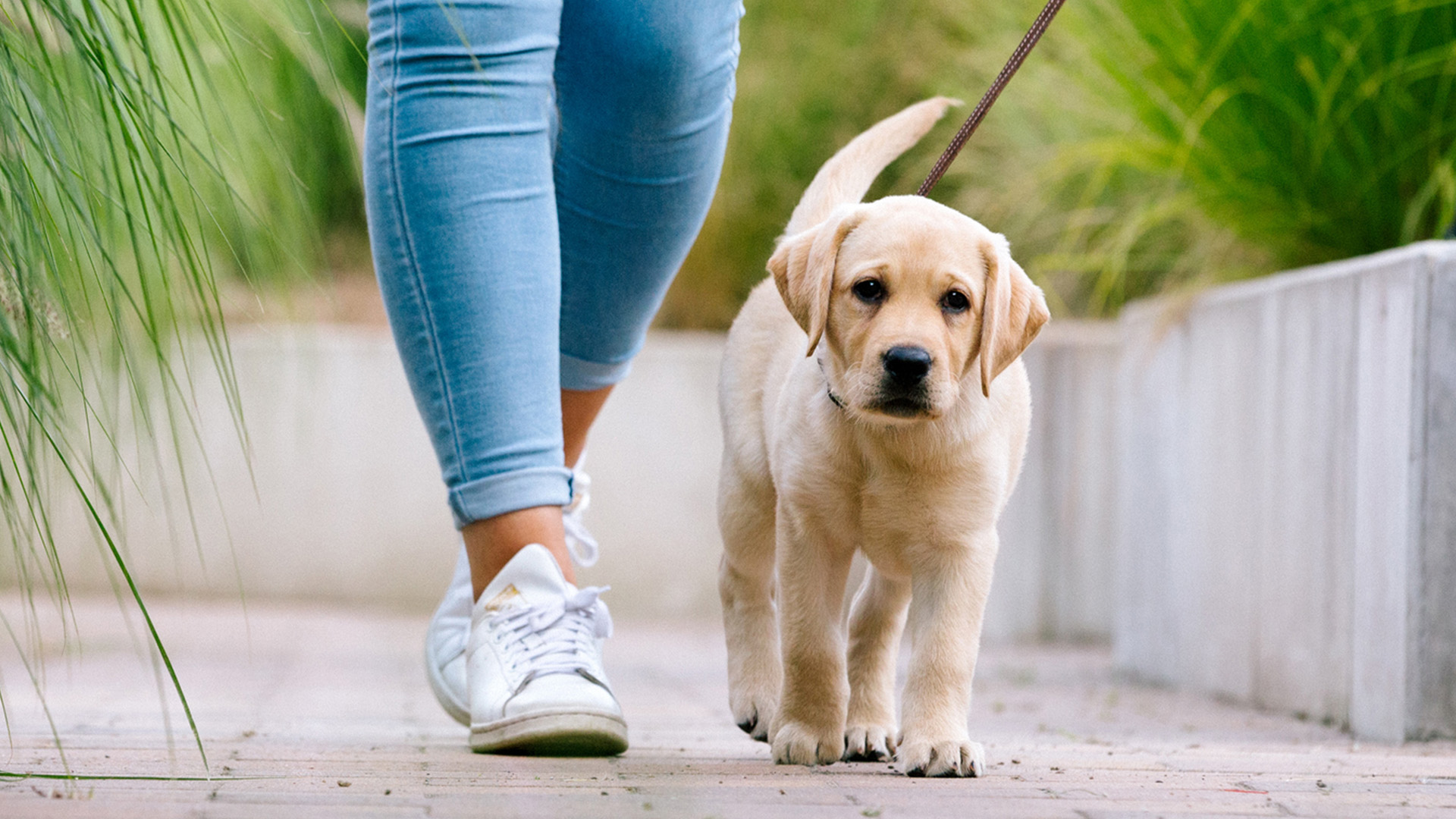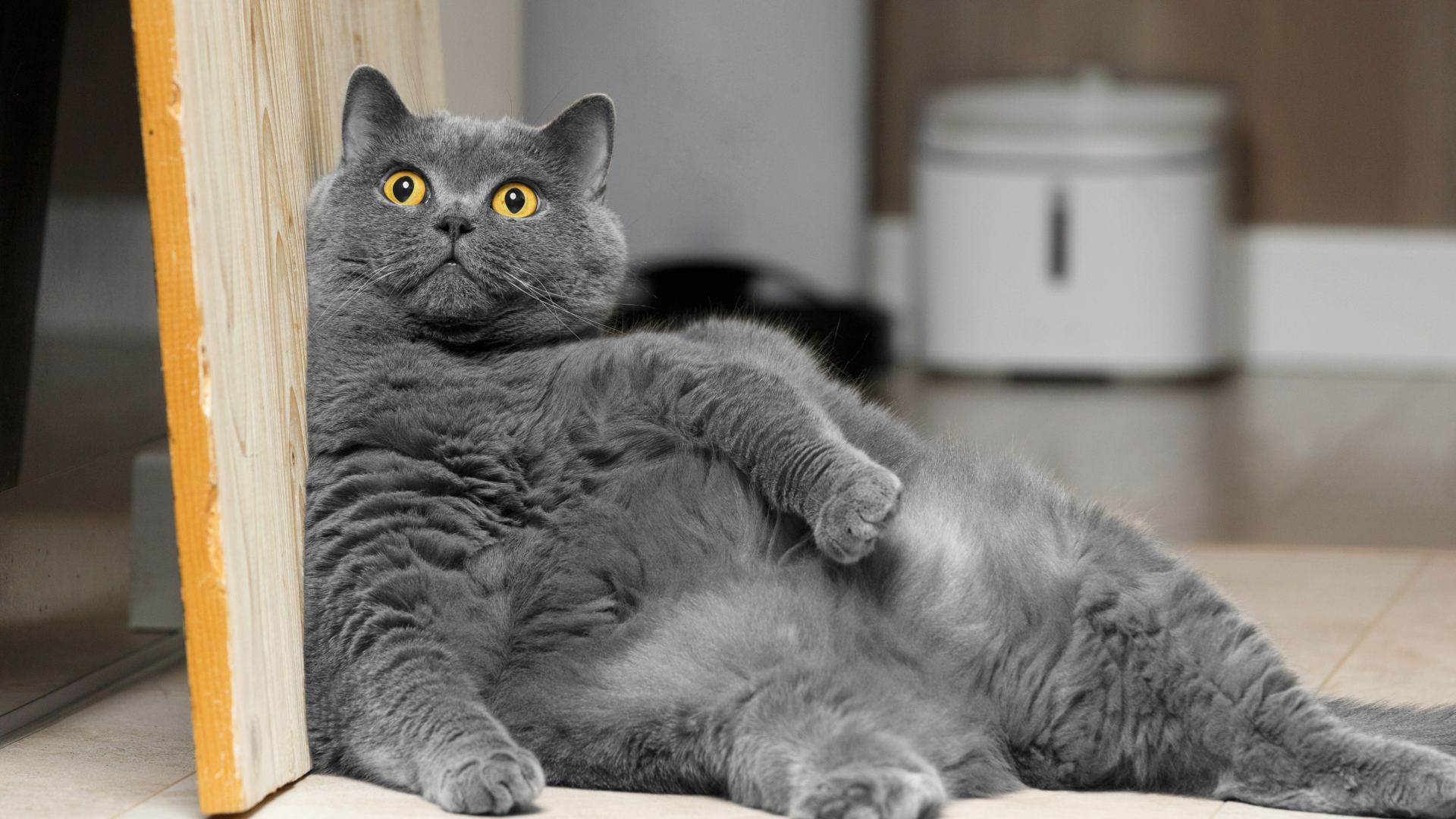Trainer reveals what you should really expect when walking a puppy
It’s easy to forget just how young puppies are!

It’s sometimes easy to forget just how young puppies are. While dogs age faster than humans and are usually considered adults once they’re a year old, puppies are – essentially – babies.
Because a four-month-old puppy, for example, is much more developed than a four-month-old baby, the expectations we place on our puppies can be too high. In reality, it’s best to relax when walking a puppy and lower your expectations – walking with a puppy should, and can, be fun!
Juliana DeWillems, expert trainer and the founder of JW Dog Training & Behavior, has explained what to expect when walking a puppy in a new Instagram post, so let’s take a look.
A post shared by JW Dog Training & Behavior Consulting (@jwdogtraining)
A photo posted by on
“Our expectations for them are often way too high and unrealistic,” says DeWillems. “One reason for this is because society tells us if we don’t ‘correct’ behaviors early on, they’ll become a problem, but that isn’t always the case – especially for developmentally normal behaviors!”
She explains that puppyhood is a time to focus on bonding, teaching your puppy just how great the world is, and reinforcing the behaviors you want to see as your puppy grows up into a happy, healthy adult dog.
“Focusing on these three areas can create a strong and positive foundation for the years ahead,” she summarizes.
Behaviors to expect from a puppy
So, what sort of behaviors might you expect from your puppy, according to DeWillems?
PetsRadar Newsletter
Get the best advice, tips and top tech for your beloved Pets
- ‘Stop and flop’: Your puppy might suddenly decide to stop walking and ‘flop’ down onto the ground. This is usually because they’d like to have a rest, stop to play, or simply get attention from you.
- Putting everything in their mouth: Puppies use their mouths to explore the world, so you might find that your pup puts all sorts of things they find in their mouths. And if your puppy’s teething, chewing on things can help relieve pain, too. You might find this article from a fellow puppy parent useful here: I tried this ridiculously simple tip and it's stopped my puppy chewing just about everything.
- Diving under bushes: Some dogs like eating leaves, while others like the feel of the leaves on their body. Or, your pup might be seeking some shelter for a quick rest.
- Exploring and sniffing a lot: Do you know why you should let your dog sniff on a walk? Like with your puppy putting everything in their mouth, exploring and sniffing help them learn more about the world aroun
“These behaviors are usually totally normal!” says DeWillems. “Trying to stop or change them at this age is likely to be frustrating for you and your puppy.”
If there’s anything you’re concerned about, there’s no harm in consulting a vet. However, these behaviors are to be expected – your dog hasn’t been around in the world for very long, and there’s a lot for them to learn.
To learn more about what to expect, here are the differences between a puppy and a dog, as well as 32 facts about puppies.

Adam is a freelance journalist specialising in pets, music and culture, and mental health and wellbeing. He investigates and writes the large majority of news on PetsRadar, and collaborates with veterinary experts to produce informative pet care content.
Adam has a journalism degree from Southampton Solent University and a masters degree in Magazine Journalism from Cardiff University. He was previously senior editor at dog advice website DogTime.com, and has also written for The Independent, GoodToKnow and Healthline.
He owns two rescue cats, Bunny and Dougie, and has also previously had a rabbit, fish and Roborovski dwarf hamsters.
